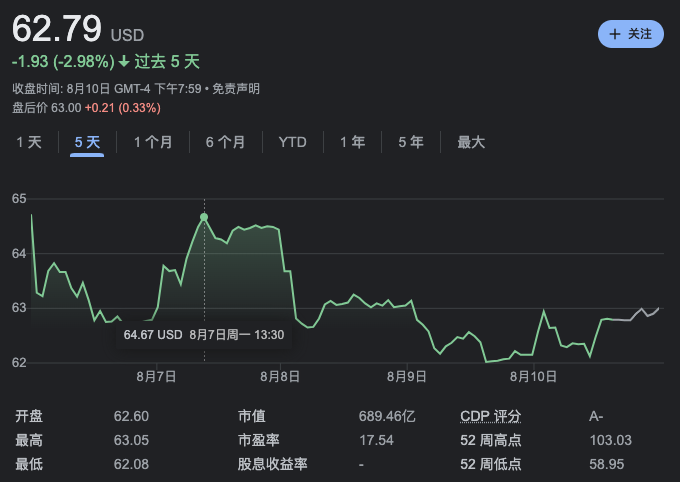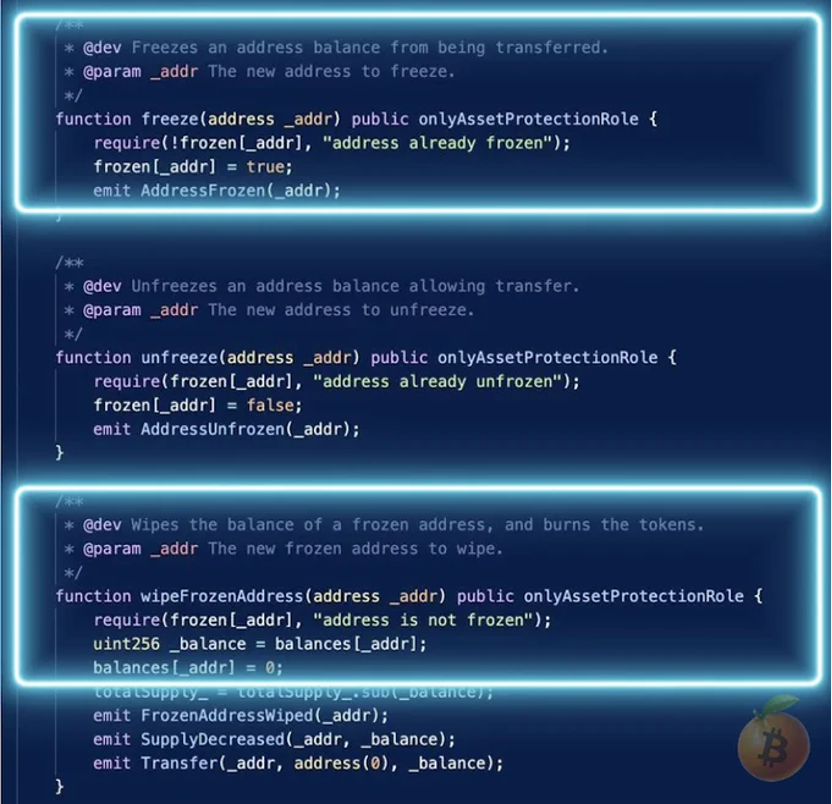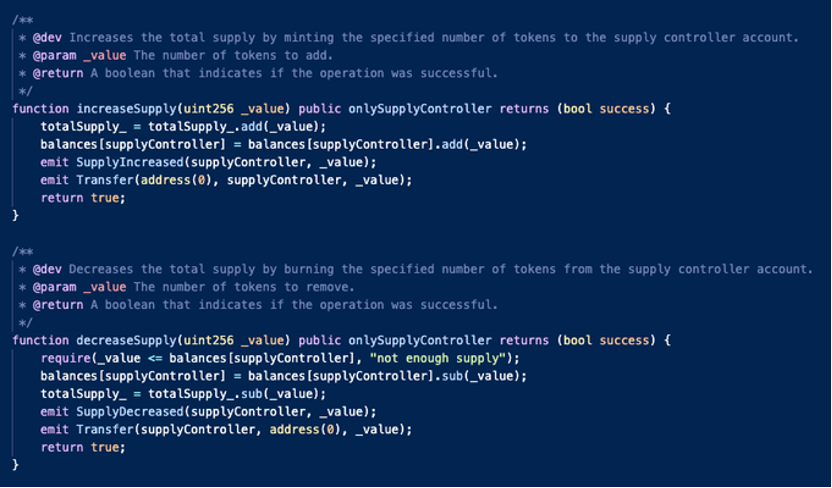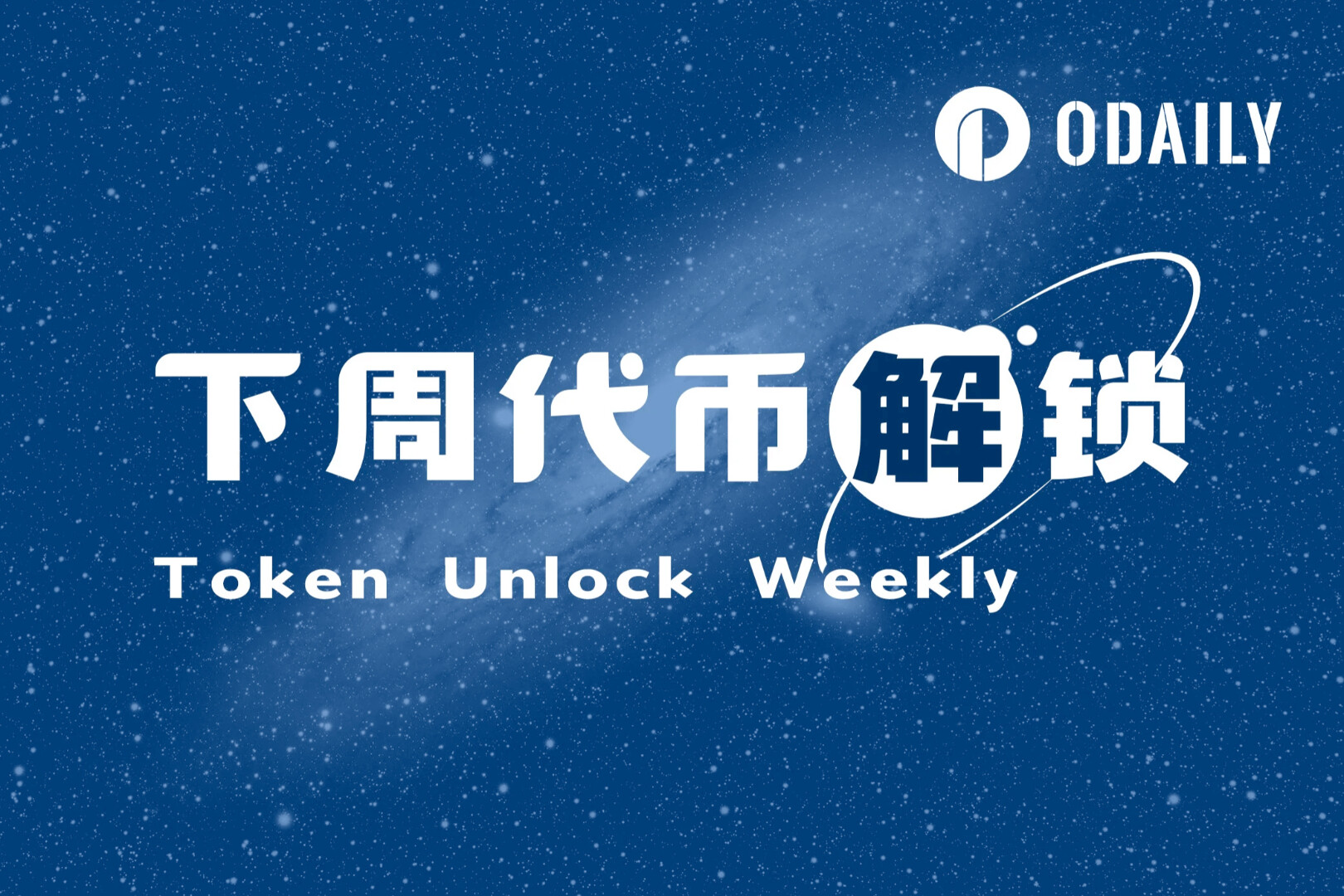PayPal's Stablecoin PYUSD Launch
This Monday, PayPal launched its latest ERC-20 stablecoin PYUSD. Similar to mainstream stablecoins, PYUSD is pegged to the US dollar and can be exchanged at a 1:1 ratio. It is backed by US Treasury bonds, cash, and other equivalent assets, and monthly reserve reports will be released and audited by accountants. PayPal stated that this asset is primarily aimed at simplifying online virtual transactions and facilitating developers to directly receive funds. This attempt marks the first exploration in this area by a major US financial company.
After this news was made public, PayPal's stock price rose by over 2%, reaching a high near $65. However, on the following day, the stock price quickly dropped from around $65 to $62.65 and is currently trading at $62.79.

PayPal stock price on Monday. Source: Google Finance
According to PayPal's official website, eligible US PayPal customers will be able to:
Transfer PayPal USD between PayPal and compatible external wallets;
Make peer-to-peer payments using PYUSD;
Select to pay with PayPal USD at checkout;
Convert any PayPal-supported cryptocurrency to PayPal USD.
PayPal's President and CEO, Dan Schulman, said: "The transition to digital currency requires a stable tool that is both native to the digital world and easy to connect with fiat currencies such as the US dollar. We are committed to responsible innovation and compliance, as well as a good track record of providing new experiences for our customers, which provides the necessary foundation for driving digital payment growth for PayPal USD."
PayPal Stablecoin Code
This week, there has been extensive discussion on the "business impact and impact on existing stablecoins" of PYUSD. Here, Odaily wants to further understand PYUSD from a technical perspective.
After PayPal's announcement, the official Bitcoin Twitter account, @Bitcoin, posted a message: What do you think of this code in PayPal's stablecoin?

PayPal Stablecoin Code. Source: Bitcoin Official Twitter
You can see that in the highlighted part of the image, two functions appear: Freeze and wipeFrozenAddress. This means that PayPal can freeze or unfreeze wallet addresses it deems malicious through centralized operations, and can also clear all assets in these addresses. Although block generation is immutable, PayPal can still, in a practical sense, prohibit certain transactions or freeze assets in certain addresses through this code segment.
In other words, centralized institutions can perform many operations that were previously impossible in the blockchain. Although this authority can prevent many scams and hacking incidents in the crypto world, it is considered a violation of the decentralized spirit of the blockchain and the crypto world in a traditional sense.
Similarly, Twitter user @0x Cygaar also posted a Twitter thread revealing more centralized operations in PayPal's stablecoin:

PayPal Stablecoin Code. Source: @0x Caggar Twitter
"So this PayPal stablecoin contract:
Was written in a very old version of Solidity;
All transfer can be paused by the owner;
Addresses can be frozen by the owner to prevent operations;
The owner can arbitrarily increase or decrease the total supply;
At least it's centralized, but still somewhat transparent."
For a long time, the cryptocurrency world has advocated for the principle of decentralization, believing that digital currency should break away from central control in traditional financial systems and achieve true freedom and fairness.
Looking at the above functionalities of PYUSD, it may be reasonable to have the ability to increase or decrease the maximum supply: if users continuously purchase or mint more PYUSD with more USD assets until it exceeds the maximum supply scale, it is logical for the supply to be increased or decreased. However, compared to similar compliant stablecoins like USDC, PayPal, with its dual role as an issuer and trading platform, possesses the ability to pause transfers and freeze addresses.
Reactions
The investigation of PayPal's stablecoin code has caused quite a stir in the crypto world. In the comment sections of the two mentioned Twitter posts, many cryptocurrency users expressed their concerns, with keywords related to regulation and centralization appearing frequently.
Twitter user @mdhaf.eth said: "PayPal is already known for freezing accounts without user permission (usually due to internal policies or external influences). This (PYUSD) may make more people aware of cryptographic assets, but most people won't delve into the underlying code or the company's ethical standards. This is not surprising, but it is disappointing."
But at the same time, a significant number of people expressed different opinions: user @LawLingo said, "This is a common thing. $UDST, $USDC, and $USDD all have this feature. Any acceptance of cryptocurrencies is good." She believes that there should be a large-scale adoption first for decentralization to gradually manifest. Upon investigation, Circle states in its official terms on the website that in certain cases, USDC may refuse to process transactions or suspend user services, "if we reasonably believe the transaction is suspicious or may involve fraud or misconduct." However, Circle also explicitly states, "All transactions made through the USDC service are irreversible and non-refundable." In comparison, PayPal has significantly greater control and authority over PYUSD on the PayPal platform, making it more centralized.





